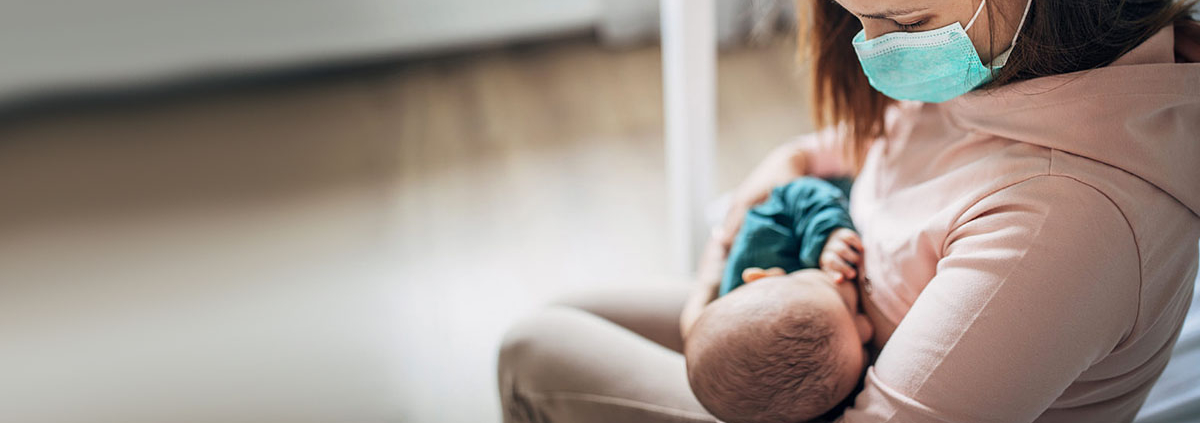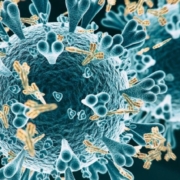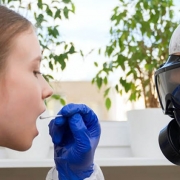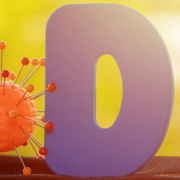Detection of SARS-CoV-2-Specific IgA in the Human Milk of COVID-19 Vaccinated Lactating Health Care Workers
SARS-CoV-2 IgA is secreted in human breast milk after vaccination. These suggest the potential protection to nursing infants and may show influence in vaccination strategies.
In 2019, a deadly virus known as severe acute respiratory syndrome coronavirus 2 (SARS-CoV-2), responsible for coronavirus disease 2019 (COVID-19), emerged. In December 2020, two mRNA-based COVID-19 vaccines were approved for use in the United States, which provide immunity to those receiving the vaccine. Maternally derived antibodies are a key element of infants’ immunity. Certain vaccines given to pregnant and lactating mothers provide immunity to infants through transmission across the placenta, umbilical cord (IgG), and human milk (IgA). Human milk produced by mothers with a history of COVID-19 infection contains SARS-CoV-2 IgA and IgG. The purpose of this study is to determine whether SARS-CoV-2-specific immunoglobulins are found in human milk after the COVID-19 vaccination, and to characterize the types of immunoglobulins present.
Results show that the mRNA-based COVID-19 vaccines induce SARS-CoV-2-specific IgA and IgG secretion in human milk. Further studies are needed to determine the duration of this immune response, its capacity to neutralize the COVID-19 virus, the transfer of passive immunity to breastfeeding infants, and the potential therapeutic use of human milk IgA to combat SARS-CoV-2 infections and COVID-19.
Release date: 20 August 2021
Source: University of Florida









